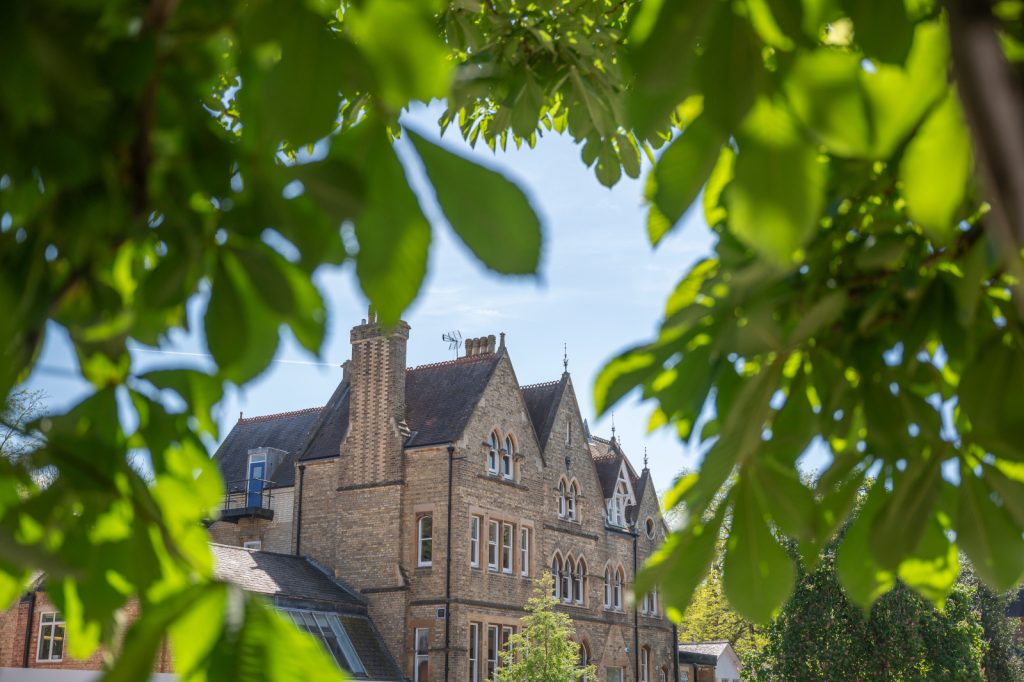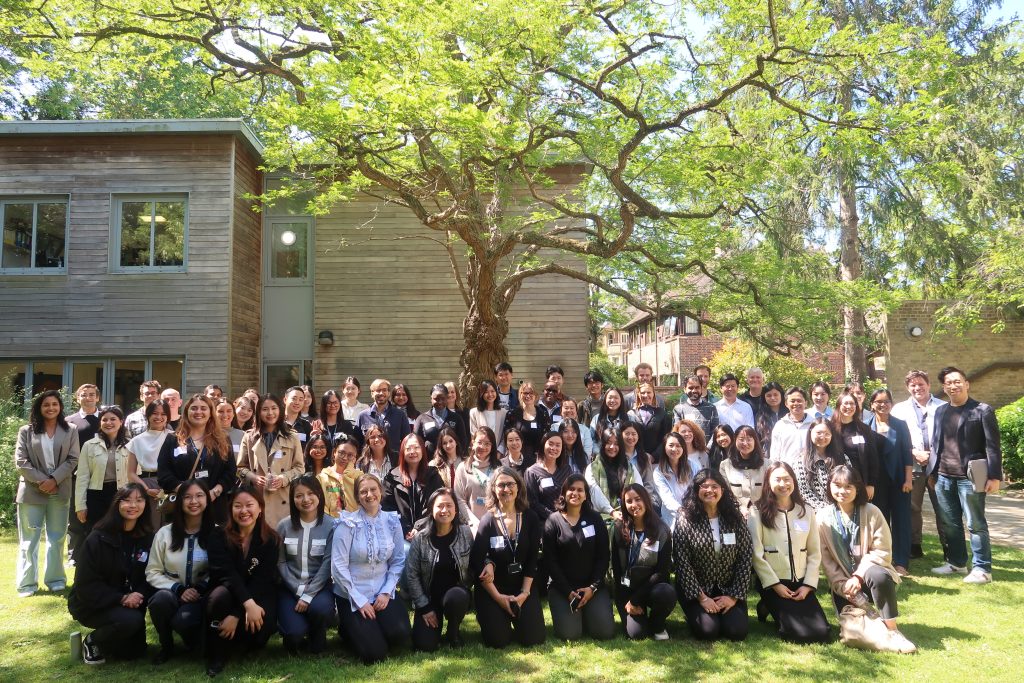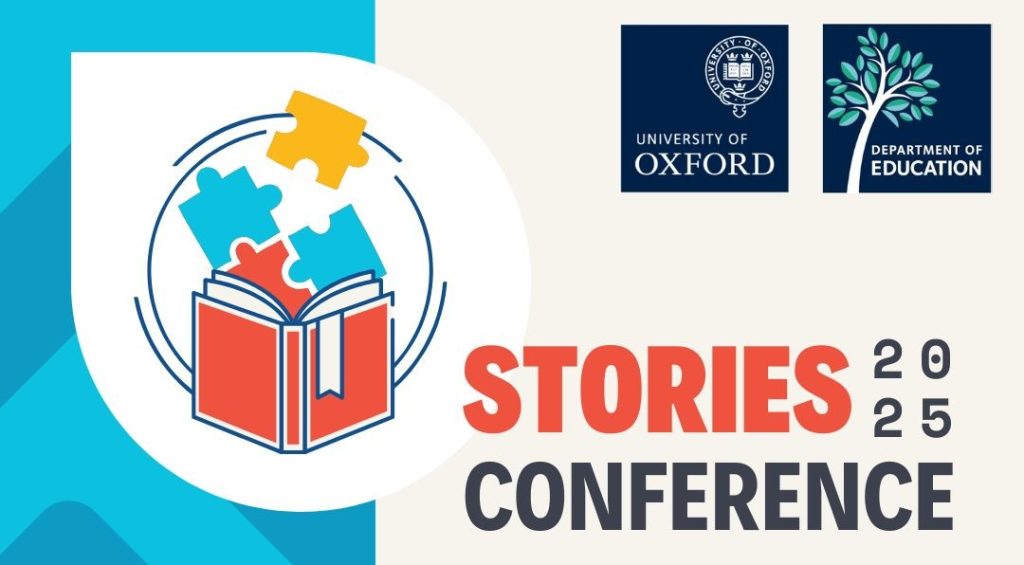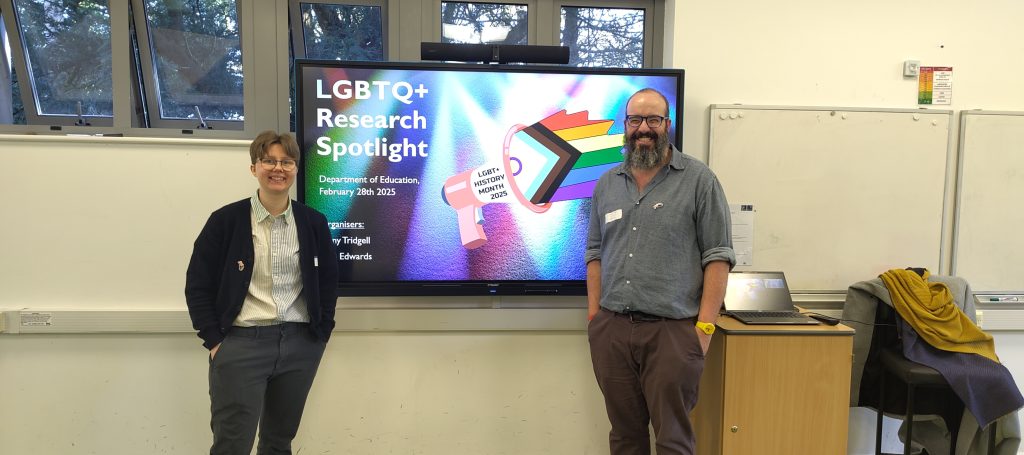
Arts in Schools: Opportunities and ideas for change
Tate Britain recently hosted Arts in Schools: Opportunities and ideas for change – a roundtable event considering the way in which we might create more equitable access to the very best arts education. This event marked the 60th Anniversary of the Clore Duffield Foundation, a foundation which supports UK charities working in the arts, education, social welfare and health. Founded by Sir Charles Clore in 1964 the foundation, and Tate’s Arts in Schools event are now chaired by his daughter, Dame Vivien Duffield.
Attendees included a diverse group of leaders in education, culture, philanthropy and the creative industries alongside Ministers Catherine McKinnell, Department for Education (DfE) and Sir Chris Bryant, Department for Culture, Media and Sport (DCMS). The event was filled with innovative and passionate ideas with the shared purpose of discussing policy and practice recommendations – culminating into a report to be shared both directly with ministers and made available to all via the Core Duffield website.
The University of Oxford Department of Education ‘Picture This: The Robson Orr Visual Literacy Research Initiative’ was represented at the event – as were the project’s partners Art UK and the Government Art Collection.
The event itself provided many interesting discussions, including ministers sharing key priorities for their departments i.e., breaking the barriers to opportunities; giving all children the best start in life; making sure all children receive an excellent education in schools; tackling the root causes of child poverty; and giving children access to the enriching power of art. This commitment to the arts set the stage for rich discussion regarding how this could be achieved both as part of the current curriculum review and through the way in which systems and accountability structures could be used to promote and encourage arts education in all schools – for all children.
One particular area of concern was the need for better data and knowledge sharing. With participants asking important questions regarding shared language and the use of larger data sets which offer the opportunity for cohort analysis.
“We need a revolution in how to think about evidence, including large-scale datasets that look to track pupils really over their entire lifetimes. Britain is well-served with cohort studies, where you can look particularly at intersections and interactions, things like class, race, gender, disability, as well as education choices. None of this gets done for the arts… how do we evaluate programmes, and how are we going to speak a particular language beyond ourselves?” Anonymous Participant
These conversations set the scene for the work of ‘Picture This’ – which not only shares the same goals but is also set to provide tangible evidence-based answers to many of the questions raised during the day. The research proposes to transform our current understanding of the inter-relationships between visual literacy and related desired outcomes (e.g., oracy, academic and social development) – through tracking thousands of young people both pre- and post–intervention and through their transition from primary into secondary school.
Read more about the project on our website or contact the team for further details on the research and wider work: picturethis@education.ox.ac.uk.










